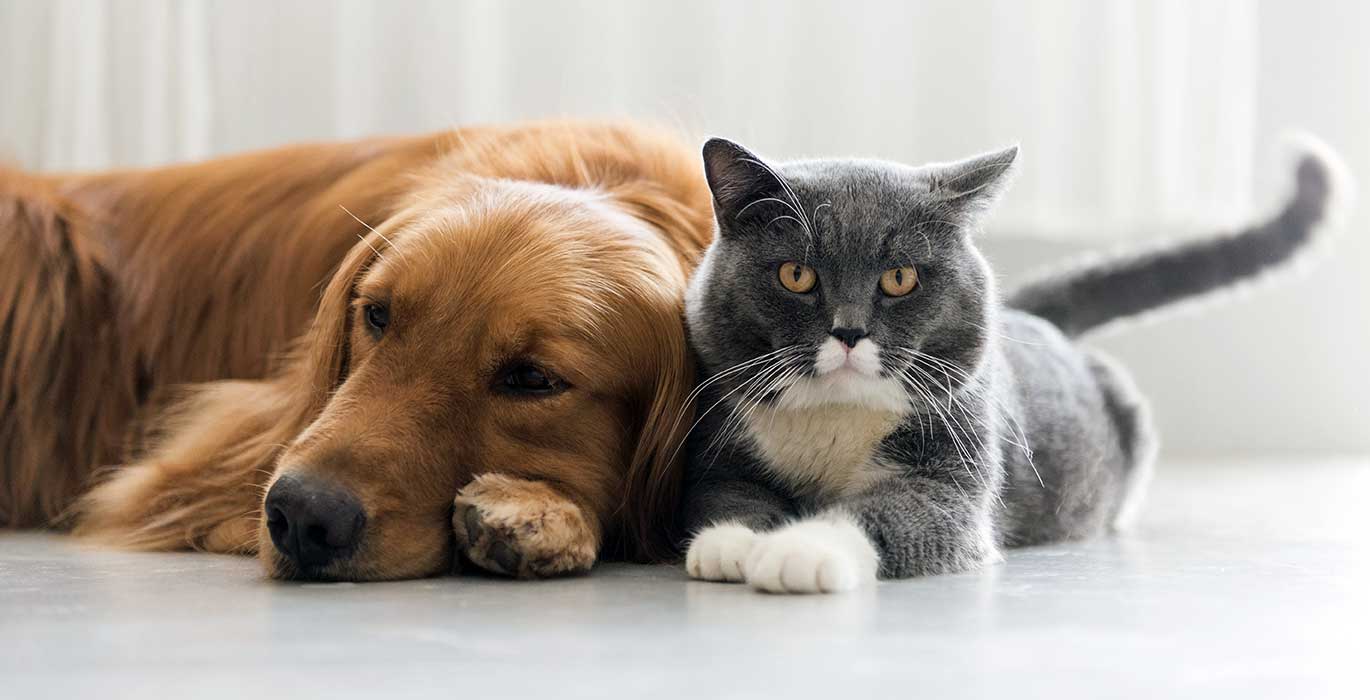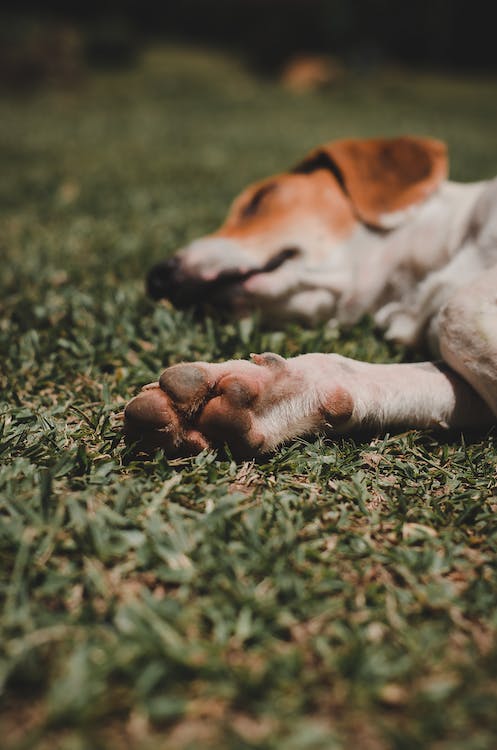Introduction
The Importance of Responsible Pet Ownership
Responsible pet ownership goes beyond providing basic needs; it’s about creating a nurturing environment that promotes the well-being of our animals. Pets rely on their owners for their health, happiness, and overall quality of life. As such, pet owners must understand the commitment involved in keeping animals, which extends to giving consistent care, affection, and attention throughout the pet’s life.
Understanding the Commitment
Adopting a pet requires a robust commitment that includes considerations of time, financial responsibility, and the willingness to address all aspects of the pet’s life. A responsible pet owner prepares for the long-term care of their pet, assuring that the animal will have a safe, happy, and healthy life.

Nutritional Health
Feeding Your Pet Right
Nutritional health is a cornerstone of responsible pet care. A balanced diet, suited to the pet’s species, age, body weight, and health issues, is necessary to ensure vitality and longevity. Pet owners must do their due diligence in researching and consulting with veterinarians to provide their pets with the correct quantity and quality of food.
Recognizing and Avoiding Harmful Foods
Educating oneself on pet nutrition also involves knowing which foods can be harmful or even fatal to animals. Grapes, chocolate, and onions, for example, can be toxic to dogs and cats. Responsible owners vigilantly prevent their pets from ingesting these dangerous substances and are aware of the signs of poisoning, should their pet accidentally consume them.

Physical Health and Hygiene
Regular Exercise and Play
Exercise is vital for pets, not just for physical health but also for mental stimulation. Dogs often require daily walks, while cats may need play sessions with interactive toys. Above maintaining a healthy weight, exercise helps mitigate behavior problems stemming from pent-up energy.
Maintaining Cleanliness
Hygiene is also paramount in keeping pets healthy. Routine grooming, dental care, and keeping living areas clean minimize the risk of health issues and improve the quality of the pet’s life. Long-haired pets might need more frequent grooming to prevent matting, while pets with special skin conditions may require specific types of care products.

Veterinary Care
Routine Check-ups and Vaccinations
Annual veterinary check-ups and staying up-to-date with vaccinations can prevent diseases and catch health issues early when they’re more manageable. Responsible pet care also includes spaying or neutering, which can prevent certain health issues and unwanted litters.
Handling Illness and Emergencies
Pet owners must be prepared to handle health crises promptly. Recognizing early signs of illness and having a plan for emergency veterinary care, including knowing the location of the nearest 24-hour animal hospital, can save a pet’s life.
Emotional Well-being
Providing Love and Social Interaction
Pets have emotional needs that should be met with consistent affection and meaningful social interaction. For many pets, quality time with their humans can significantly impact their happiness and stress levels.
Dealing with Behavioral Issues
Observing and recognizing signs of distress or behavioral issues early can help in addressing them before they become more serious. Positive reinforcement training, enrichment activities, and professional behavioral consultations can all contribute to a pet’s well-being.
Safe Environment
Pet-Proofing Your Home
Just as you would baby-proof a home, a pet’s living space must be made safe from potential hazards. This can include securing trash cans, hiding electrical cords, removing toxic plants, and ensuring there is no easy access to dangerous areas.
The Great Outdoors
Balancing Freedom and Safety
While some pets, especially cats, may enjoy the outdoors, it’s essential to balance their freedom with safety. Outdoor animals are exposed to more risks, including traffic, predators, and disease. Safe outdoor enclosures or supervised outdoor time can provide stimulation without the risks of free roaming.
Legal and Ethical Responsibilities
Understanding Pet Laws and Regulations
Being a responsible pet owner means adhering to local animal laws and regulations. Licensing, obeying leash laws, and ensuring that pets do not become a nuisance to neighbors are all part of being a good citizen and pet owner.
Ethical Considerations in Pet Care
Ethics in pet care include not contributing to pet overpopulation and considering the welfare of the pet above personal desires or aesthetics. It also implies adopting from shelters when possible, rather than purchasing from pet stores or breeders.
Education and Community
Staying Informed: Continual Learning as a Pet Owner
Owning a pet is a learning journey. Continuous education about pet health, behavioral science, and care strategies are important. Responsible owners stay informed through books, articles, and consultations with veterinarians.
Building a Supportive Community
Creating networks with other pet owners and professionals, such as vets and groomers, can offer support and valuable resources. Local clubs or online forums can be wonderful places to share experiences and advice.
Inspiring Others to Practice Responsible Pet Care
Ultimately, the principles of responsible pet care do not exist in isolation—they ripple outward into our communities. As informed and committed pet owners, we have the opportunity to inspire others by setting an example of what compassionate, ethical, and attentive pet care looks like. We can advocate for animal welfare, educate others about the responsibilities of pet ownership, and guide new pet owners along their own caregiving paths.
By embracing the role of responsible pet carers, we not only enhance the lives of our pets but also contribute to a broader culture of respect for all animals. The reward for our diligence is a world in which the bonds between humans and pets are strengthened by the highest standards of love, understanding, and mutual respect.
In conclusion, the essence of responsible pet care is a holistic approach that nurtures the physical, emotional, and social well-being of our beloved animals. By providing proper nutrition, healthcare, grooming, social interaction, and safety, we become exemplary stewards of our pets’ lives. As pet owners, we must recognize that our commitment plays a crucial role in shaping the quality of life and happiness of our furry companions. It is through our continuous education, adherence to ethical practices, and active participation in a supportive pet community that we can elevate the standards of pet care. Let us strive to ensure that our dedication to responsible pet ownership becomes a testament to our deep love and respect for the animals that enrich our lives every day.



